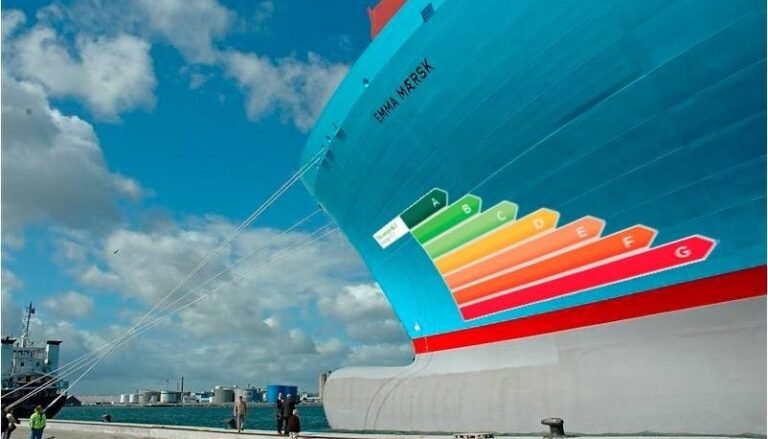The Future of Sustainable Shipping: A Global Fuel Standard and Levy
Ahead of a significant green meeting at the International Maritime Organization next week, John Maggs from the Clean Shipping Coalition sheds light on the importance of establishing a global fuel standard and levy to pave the way for a sustainable future.
The Need for Ambitious Regulation
The international shipping sector plays a substantial role in the climate crisis, contributing to around three per cent of global carbon emissions. To combat this, stringent regulations are essential. The current revision of the Carbon Intensity Indicator by the International Maritime Organization presents a crucial opportunity to address these challenges. Governments are evaluating barriers to efficiency and potential solutions, with a final decision expected by January 1, 2026.
The Scope of the Issue
Shipping accounts for a significant portion of global emissions, equivalent to entire economies like Germany or Japan. Beyond climate impacts, ships also pose threats to ocean health through various harmful practices like oil spills, toxic discharges, and noise pollution. Additionally, toxic air pollution from fossil-fuel powered shipping leads to numerous health issues, emphasizing the urgent need for regulation.
Turning the Tide
The revision of the Carbon Intensity Indicator offers a chance to address both climate and ocean health impacts by implementing measures such as slowing down ships and utilizing wind power. These actions not only reduce emissions but also benefit marine wildlife and human health. To ensure effective regulation, a global fuel standard and levy must be established to drive emission reductions and facilitate a just climate transition for international shipping.
Efforts to align these measures with energy efficiency standards are crucial to meet the IMO’s climate goals by 2030 and 2040. Governments must resist industry pressure and prioritize sustainable practices to build a more environmentally-friendly shipping industry. The upcoming IMO meeting must focus on setting ambitious climate measures to steer the industry towards a sustainable future.

